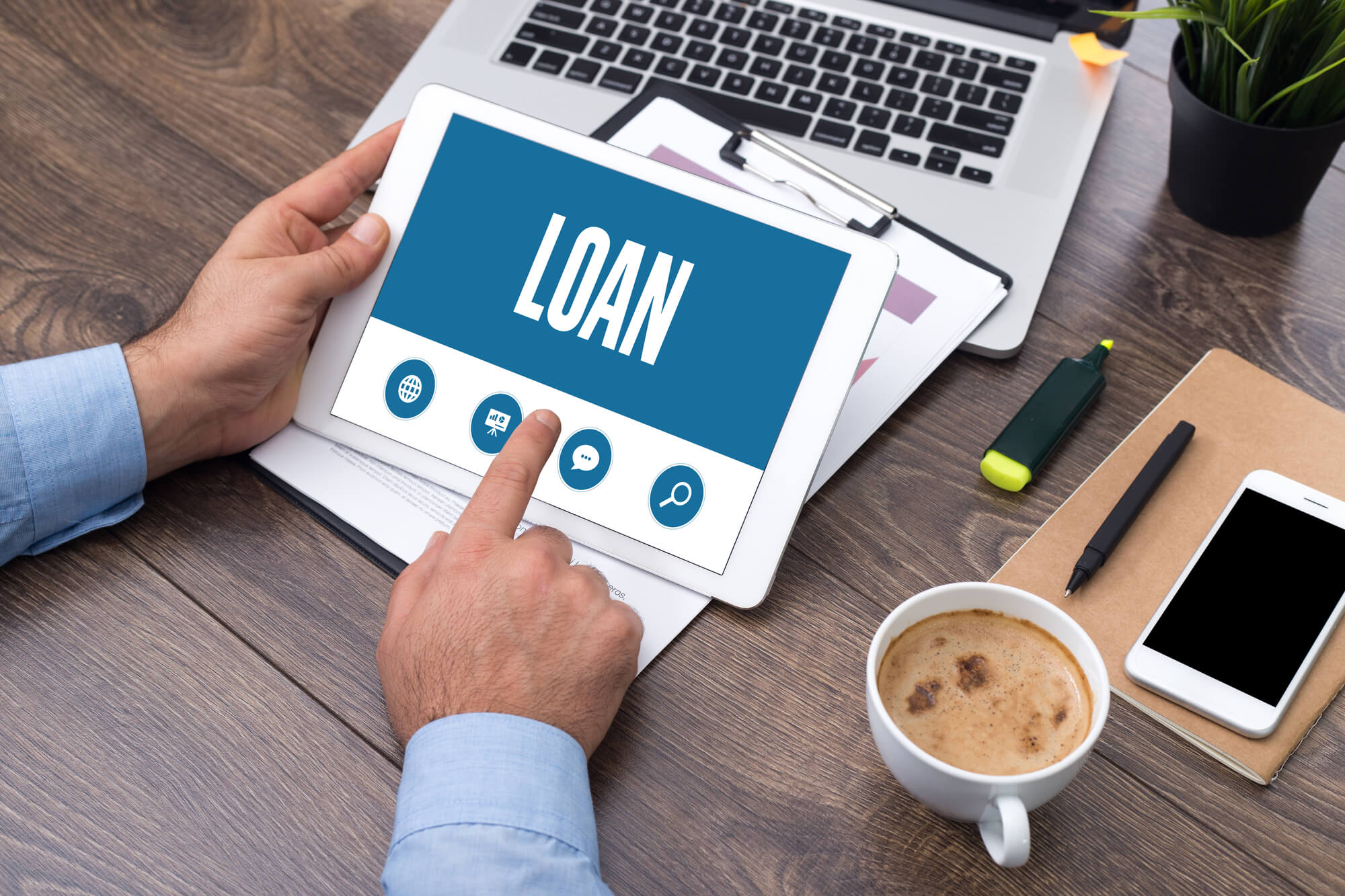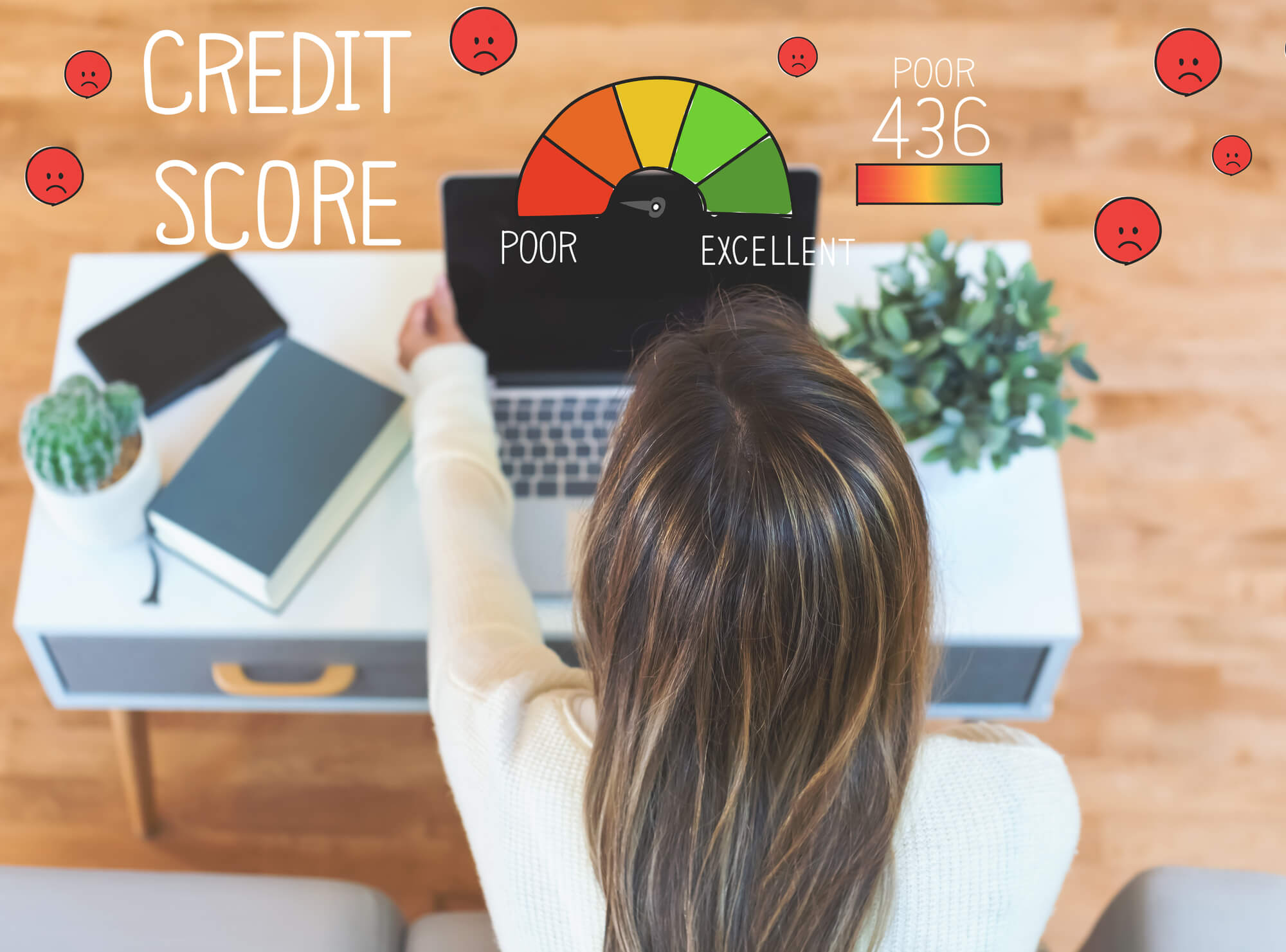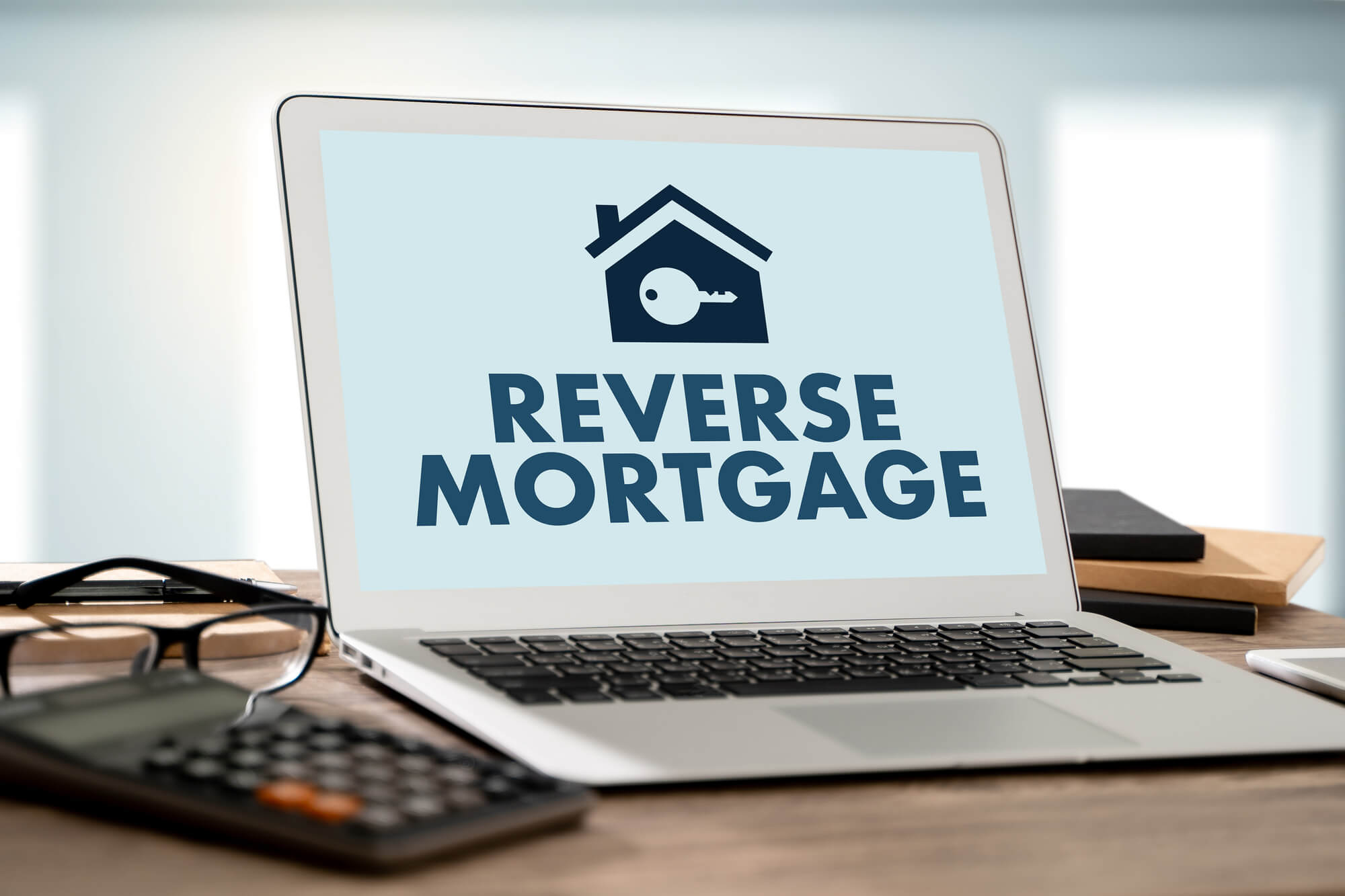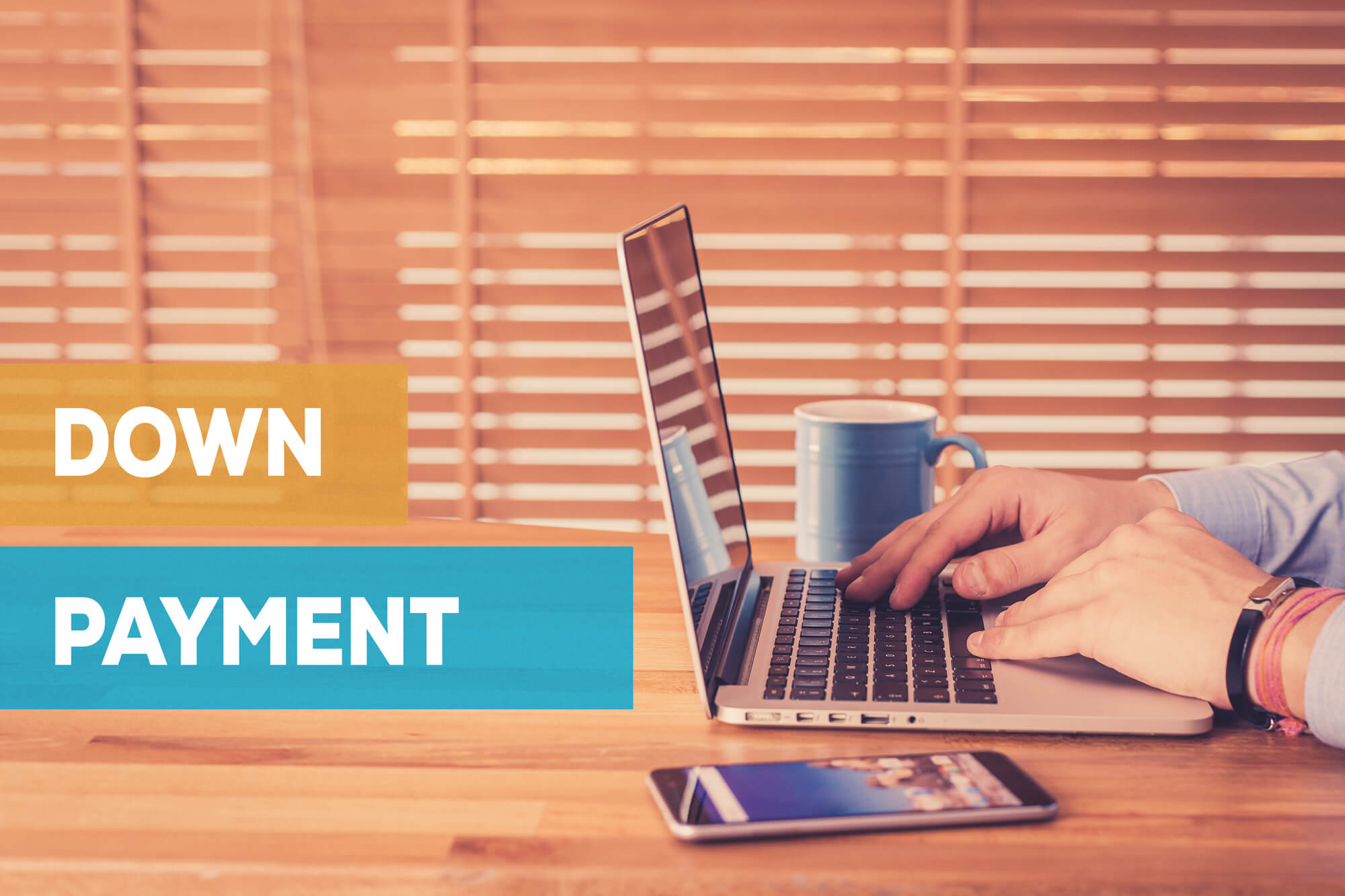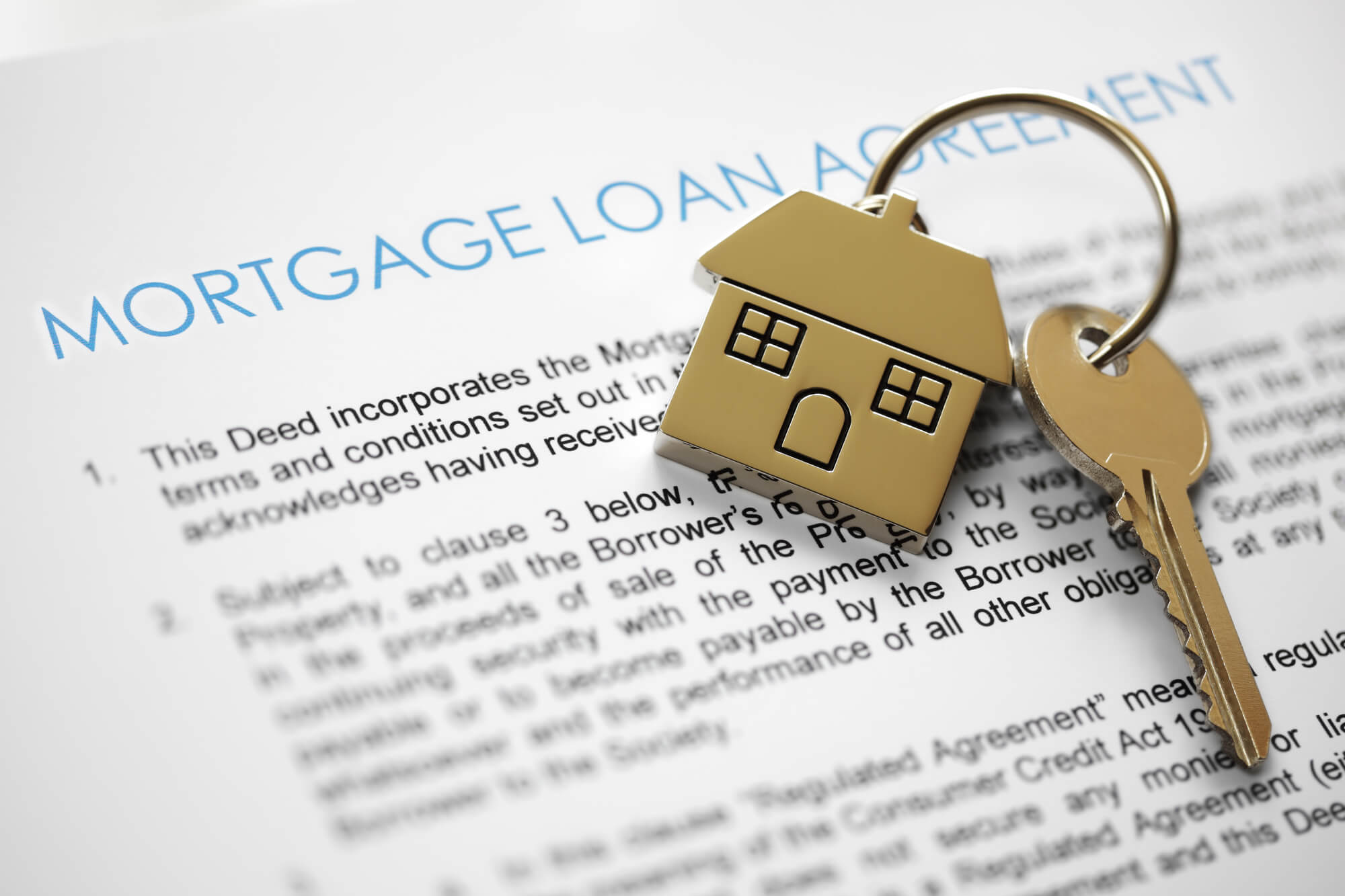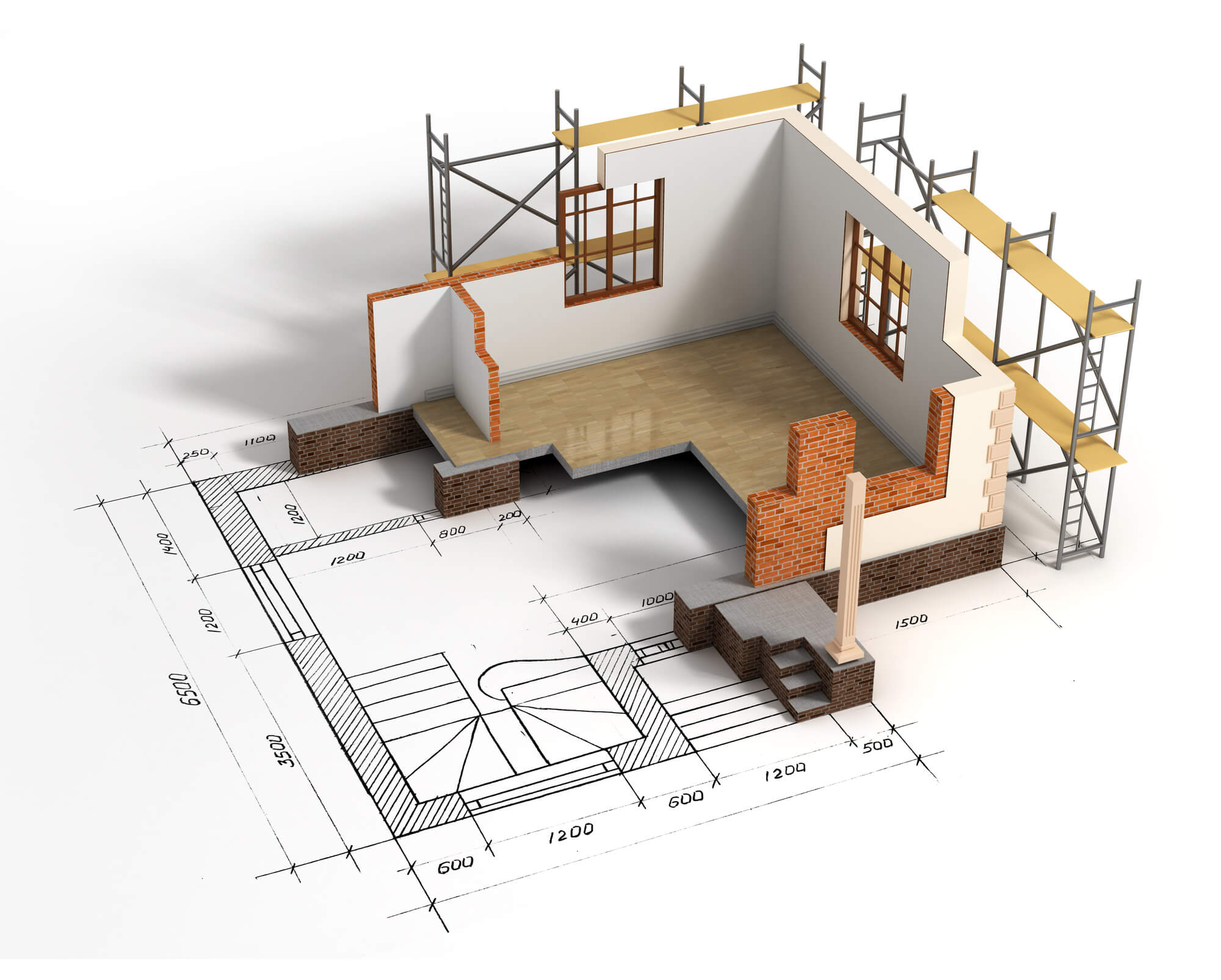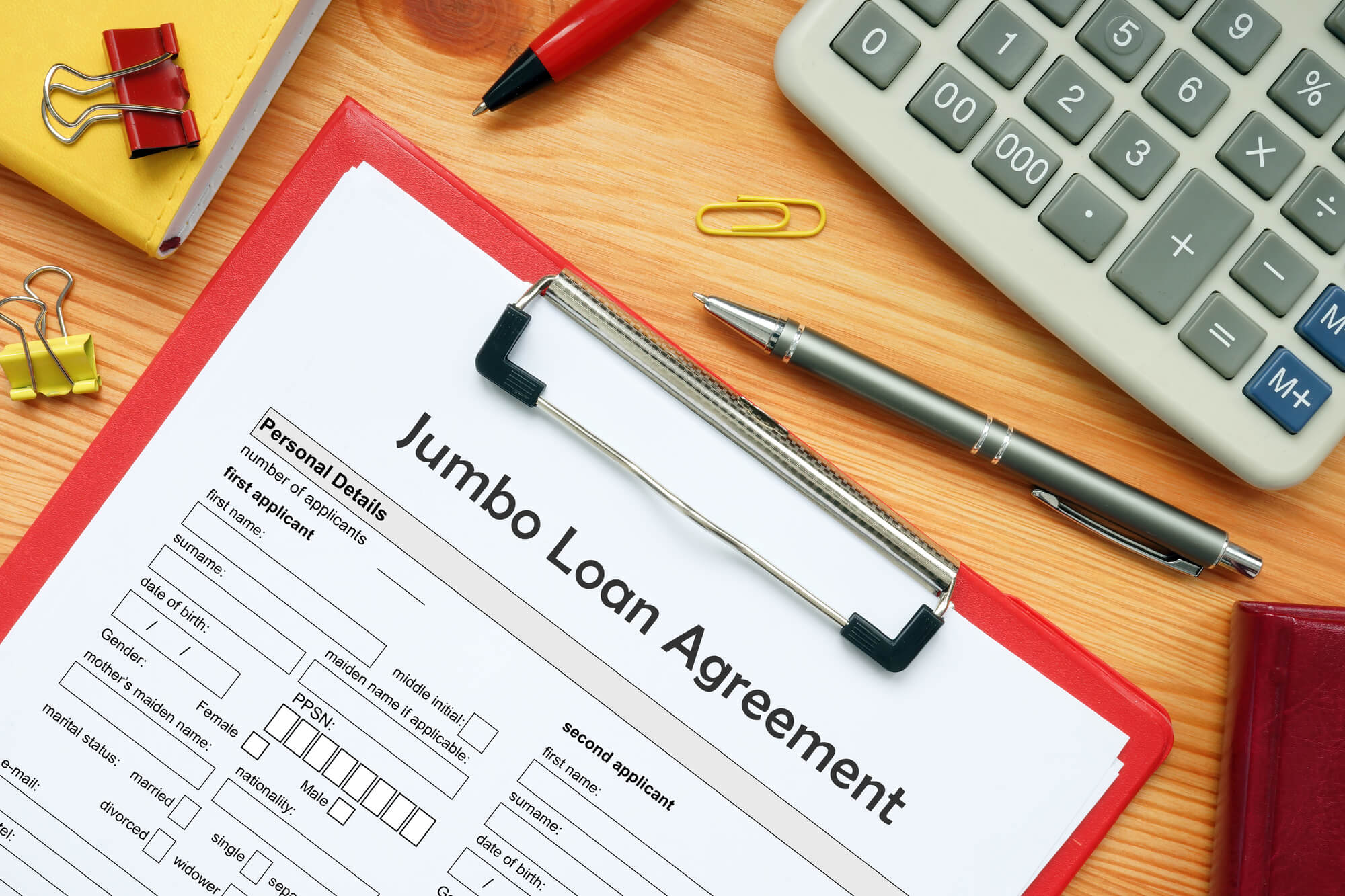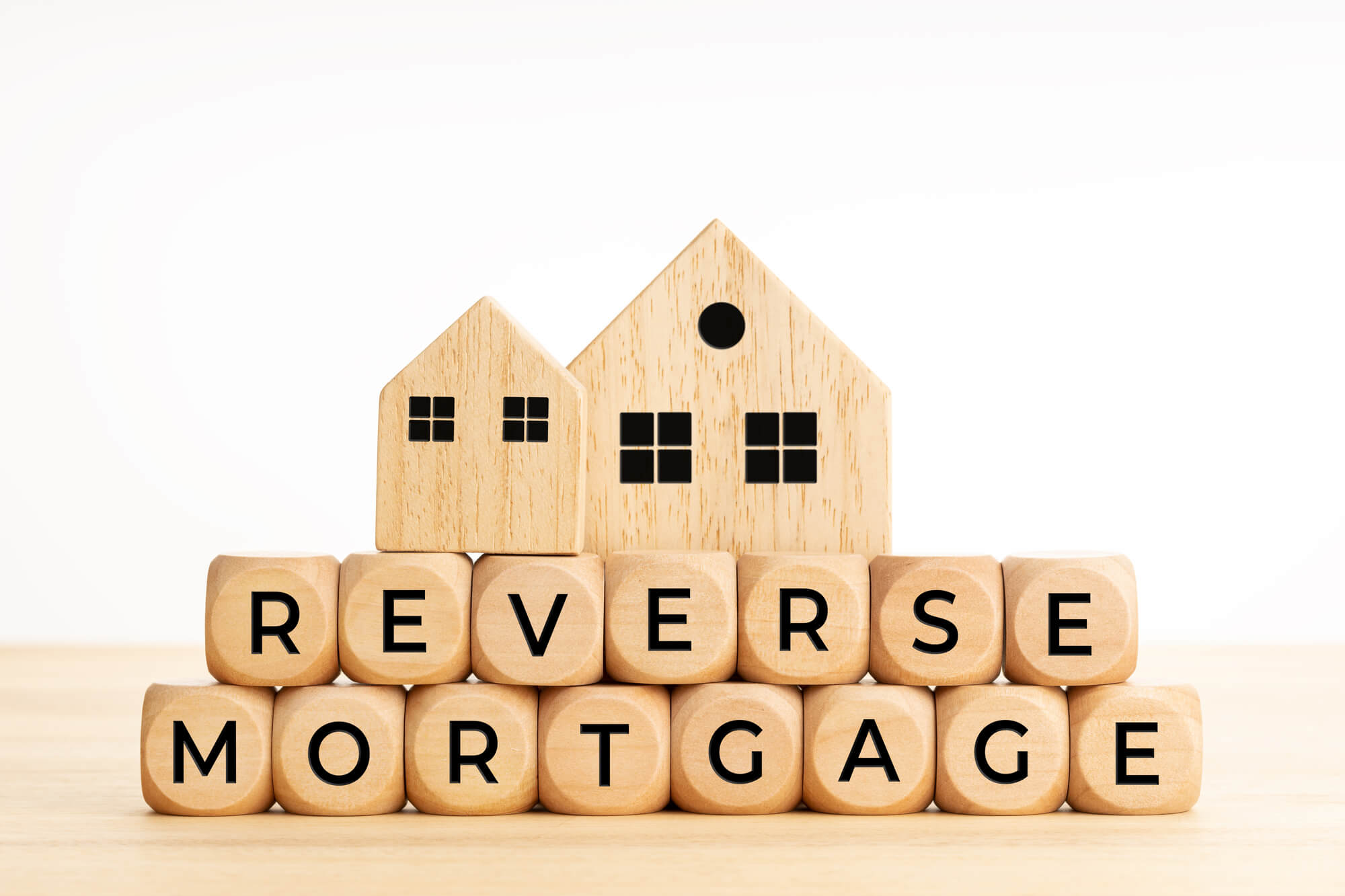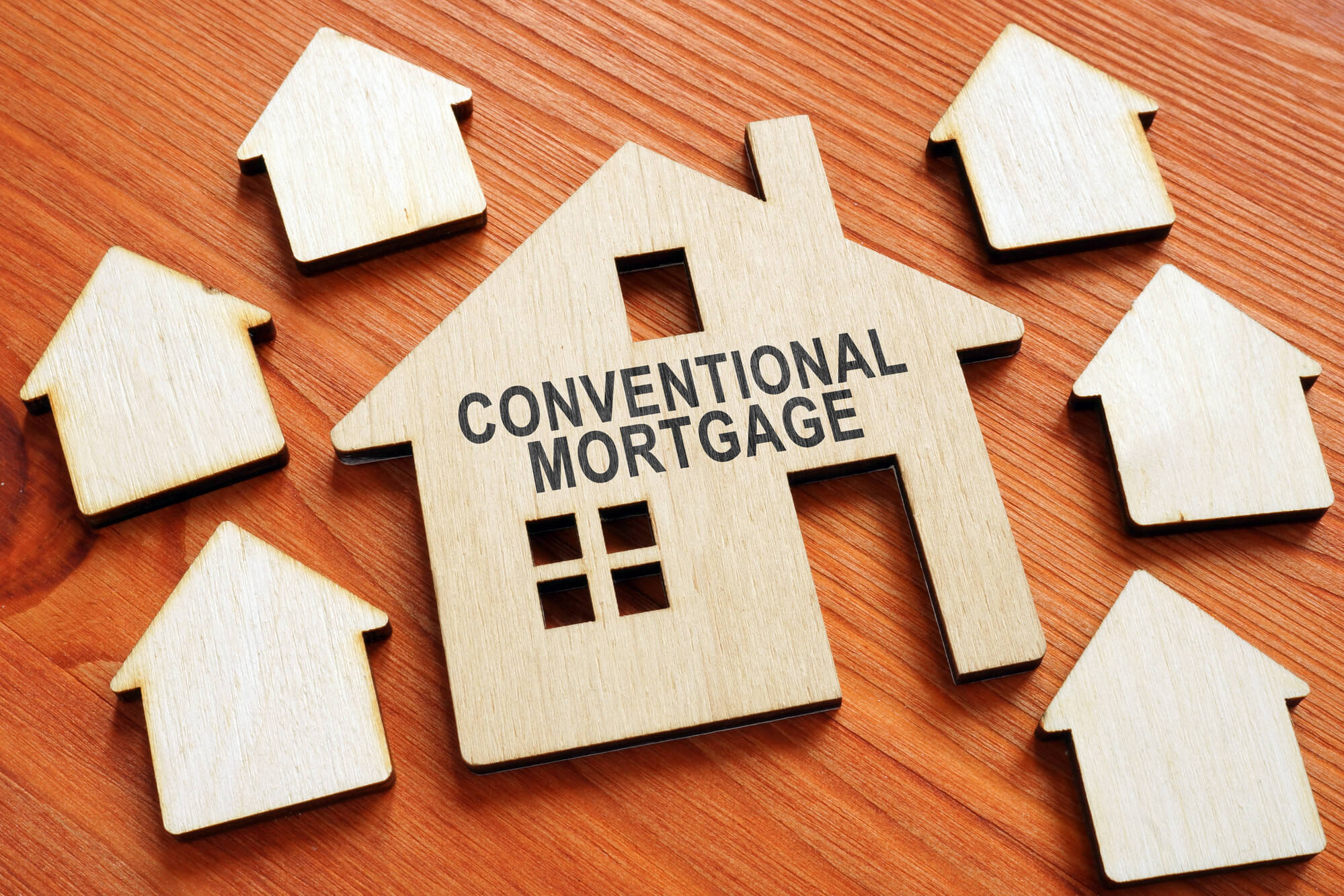Are you planning to buy a home but don’t know where to start? Homebuying can be a tedious process and many people start asking questions about mortgages. Now, mortgages are always a difficult topic and it’s crucial to know the answers to the questions related to it. Mortgages don’t have to be scary and confusing when you’re starting your homebuying journey. Therefore, in this blog post, we are answering 5 common mortgage questions for you.
What is a Mortgage?
Surprisingly, this question is still very common because many people are unaware of what it means. Simply put, a mortgage is a loan that you take out from a lender to buy a property and you have to pay it back with an interest rate. Moreover, you are bound to a legal agreement with your lender that you pledge your property as collateral for the loan. This means that in any case, if you fail to pay back, your lender has every right to claim your home and sell it to recover the outstanding debt. Additionally, reverse mortgages are another type of mortgage where the lender pays the borrower and are eligible for homeowners aged 62 years old and above.
How do I Get a Mortgage?
You will need to apply for a mortgage from a lender, typically a bank or a mortgage broker. They usually have to assess your income, credit score, and other factors. By doing this process, lenders are evaluating your eligibility for a mortgage and how much you can borrow from them. Here are some steps that you may follow to get a mortgage:
- Determine how much you can afford
- Scout for potential lenders
- Submit a mortgage application
- Get pre-approved
- Choose a property and make an offer
- Close the mortgage
What is the Difference Between a Fixed-rate and an Adjustable-rate Mortgage?
As mentioned above, you need to pay back your lender with an interest rate. A fixed-rate mortgage means that the interest rate stays the same until you have fully paid your lender. On the other hand, an adjustable-rate mortgage starts with a lower interest rate but can fluctuate over time.
What is a Down Payment?
This refers to the amount of money that you can initially pay when buying a home. A lot of lenders usually require a 5% down payment on the property’s purchase price. For instance, if the property costs one million dollars, your lender may ask you to pay at least 50,000 dollars upfront. Furthermore, you may get better mortgage rates and reduce your monthly payments if you have a larger down payment.
What is a Pre-Approval?
This is when a lender assesses your financial information such as your income and credit score. By doing this, they evaluate how much money you can borrow. A pre-approval is a step for you to understand how much you can afford to spend on a property and make your offer attractive to sellers.
Bottomline
Always bear in mind that mortgages are a vital aspect of your home-buying process. It’s important for you to understand what their purpose is and how would it serve you. Understanding the very basic concept of mortgages can help you make sound decisions. Navigate the mortgage process with ease and confidence before you start the journey of getting your dream home. Need more information about mortgages? Don’t hesitate to contact us at Mann Mortgage!


